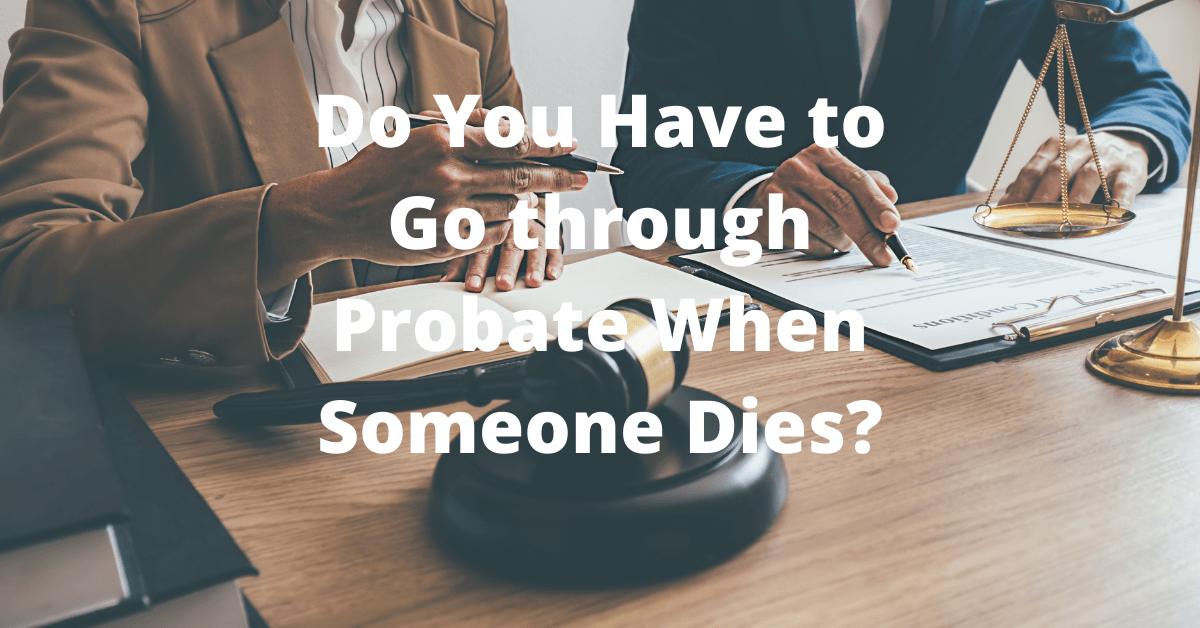Probate can be time consuming and costly. To protect your assets from going through probate and to prepare for possible long-term care needs, an estate planning attorney such as Vick Law, P.C. can create a plan to ensure your assets are distributed in the way you see fit. Learn more about the pitfalls of probate and ways to avoid this situation by reading below.
Problems with Probate
Probate is a required court proceeding under certain circumstances, although the rules surrounding probate are slightly different from state to state. In Hawaii, if a person dies owning real estate in their own name or if the total value of personal property is worth more than $100,000, their estate must be probated. In other states that threshold may be lower. Most states require probate regardless of the estate’s value, unless the estate assets are arranged to avoid probate.
This is explained in a recent article “Estate Planning Insights—Understanding Probate” from The Hawaii Herald.
Probate also requires written notice to be sent to the persons named in the will and to persons who would have inherited, if there had been no will. This is a big reason why many people use trusts and other alternative estate planning strategies. In addition, a will becomes part of the public record when it goes through probate, so creditors and others can see your will and learn all about your estate. So can estranged family members, ex-spouses, people looking for sales leads and thieves!
If there is no will, assets are distributed according to the state’s law of intestacy. These laws specify who receives inheritances, based on kinship. If a will is deemed invalid by the court, then the will is discarded, as are your wishes, and the laws of intestacy take over. This is another reason to work with an experienced estate planning attorney to create a properly prepared will and estate plan.
Probate can be a time-consuming process, delaying the distribution of assets. If the estate is complex, the process could take years.
Certain assets do not go through probate. These includes assets held by two or more people as “joint tenants” or “tenants by the entirety.” Real estate, checking accounts, saving accounts, and investment accounts can be owned this way. However, there can be pitfalls. If one person has debts, creditors may come after the assets, regardless of who the original owner may be.
How to Avoid Probate
Assets with a named beneficiary do not go through probate. This includes life insurance, IRAs, 401(k)s, annuities, savings bonds, “Transfer on Death (TOD accounts) and “Pay on Death” (POD accounts). It is very important to review all beneficiary designations every few years. Someone you may have named as a co-owner twenty years ago may no longer be in your life, or you may want to change the beneficiary. If you do not make any changes, whoever you originally named on the account will receive the assets.
Trusts are used to avoid probate, while directing what will happen to assets when you die. A Revocable Living Trust allows you to maintain control over the assets while living, but because you still have control over the assets in the trust, they are considered a countable asset by Medicaid.
To protect your assets from going through probate and to prepare for possible long-term care needs, contact Vick Law, P.C. today to can create a plan, possibly including a Medicaid Asset Protection Trust (MAPT).
Reference: The Hawaii Herald (Jan. 21, 2022) “Estate Planning Insights—Understanding Probate”


